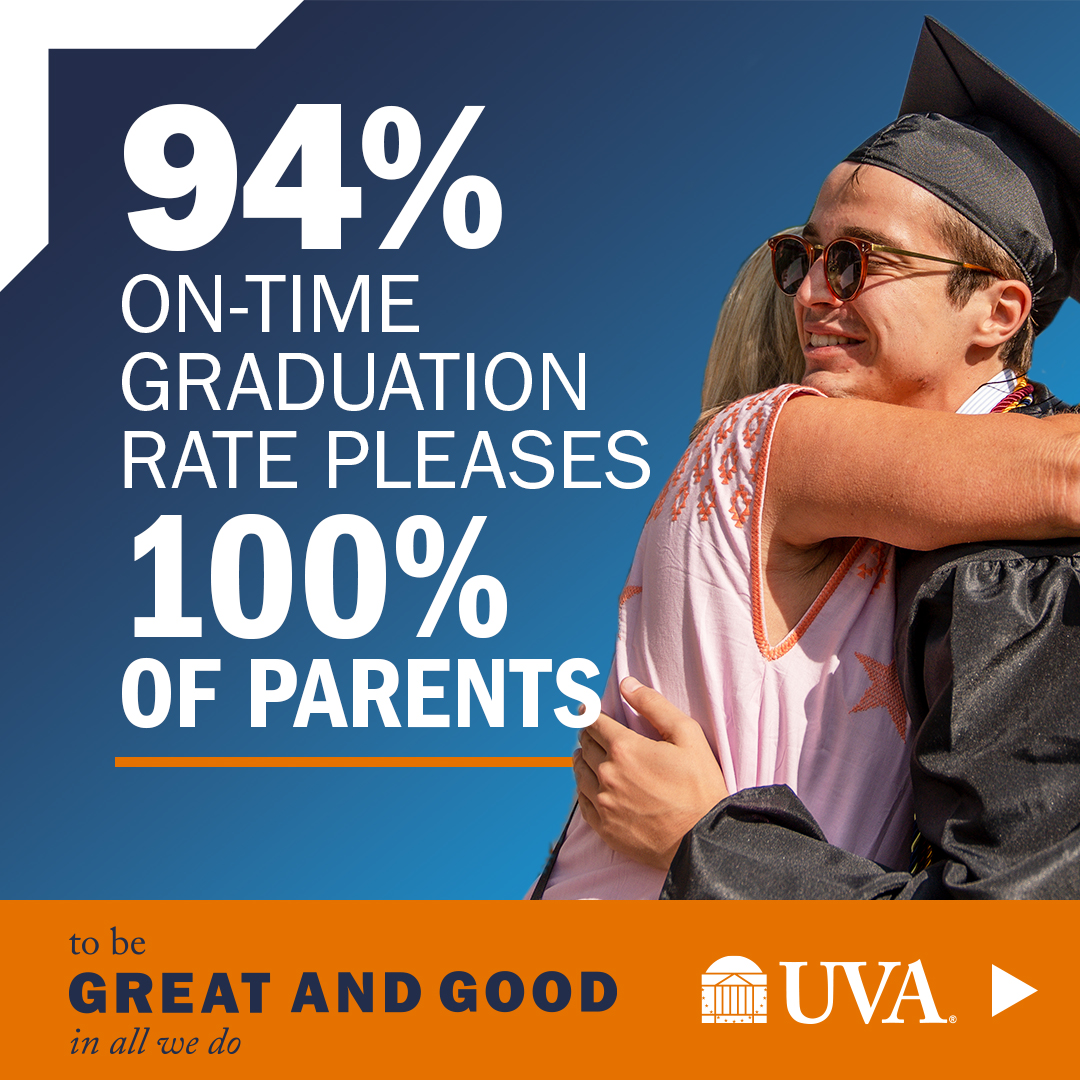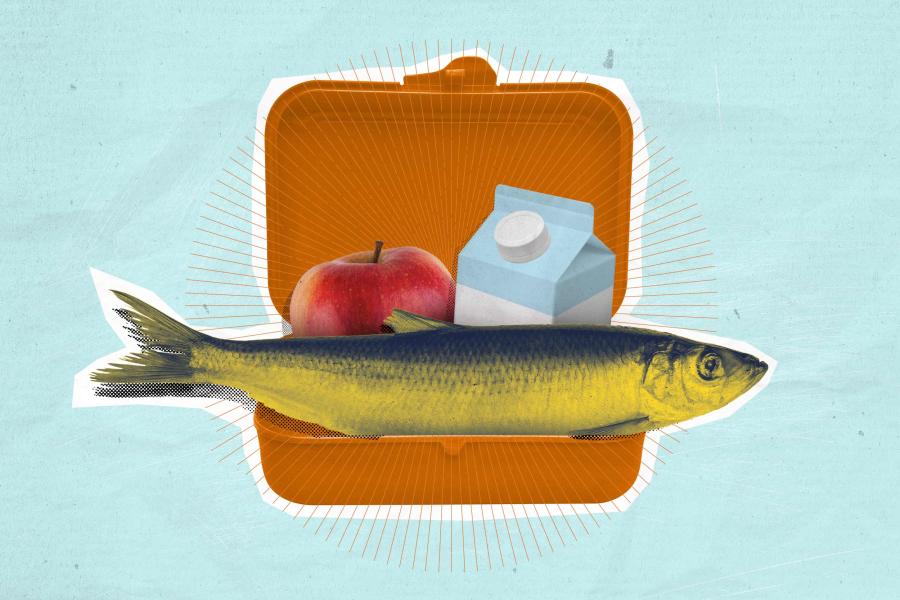A doctor at the University of Virginia is the lead author of the American Cancer Society’s updated advisory on lung cancer screening, which recommends an additional 5 million people be tested for the disease, the world’s leading cause of cancer death.
Dr. Andrew Wolf said the recommendation is that people who smoked one pack of cigarettes daily for 20 years, and are between the ages of 50 and 80, undergo annual low-dose CT scans.
“We are lowering the age to start from 55, which was our initial recommendation from 2013, to 50, and then extending the age from 74, which was our initial recommendation, to age 80,” he said. “And the 20-pack years is also a reduction from our prior guideline of 30-pack years.”
Wolf and his many co-authors also made another key update: They dropped a previous recommendation that people who quit smoking 15 years ago need not be screened.
“We found in our research leading up to the guideline that the risk for developing lung cancer, while significantly lower than for those who continue to smoke, never really drops,” Wolf said. “So, if a person has smoked 20-pack years and they quit smoking, their risk of developing lung cancer compared to if they continued to smoke is significantly lower. But it never drops compared to when they quit. It just sort of plateaus and then it rises as they get older.”
In 2020, nearly 2 million people died from the disease worldwide.
“Our message is it’s still critically important to stop smoking, because the risk of continuing to smoke is dramatically higher,” Wolf stressed. “So, folks can lower their risk significantly compared to if they continued to smoke. That’s why screening is so important.”
While screenings for breast, colon and prostate cancers are commonplace, only 5% to 15% of eligible people get screened for lung cancer. If the new guidelines are followed, “the potential impact is huge,” Wolf said.
“We lose over 125,000 folks a year to lung cancer. Of those, about 80% are smoking-related,” he said. “If we can reduce that by between 25% and 33%, that’s many thousands of lives each year that we have saved through a lung cancer screening. The onus on all of us is to get more folks screened.”
Vaping?
How does vaping factor into the new guidelines? Wolf said the straightforward answer is doctors don’t yet know because it’s a relatively new phenomenon. Similarly, he said there is not enough data on cigar and pipe smoking to issue guidelines.
With vaping, Wolf said people have a false sense of security that it is not as harmful as cigarette smoking.
“It’s totally unregulated, so it has lots of potential carcinogens that we don’t know about,” he said. “And it is not necessarily safer. It’s possible that it’s less safe. So, we can’t let our patients think that vaping is a safe alternative to smoking.”
Media Contact
University News Senior Associate Office of University Communications
jak4g@virginia.edu (434) 243-9935
Article Information
May 3, 2024






